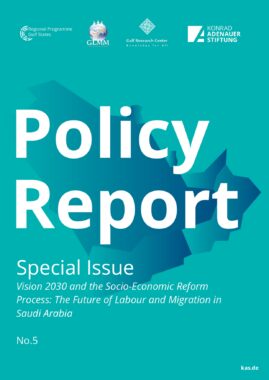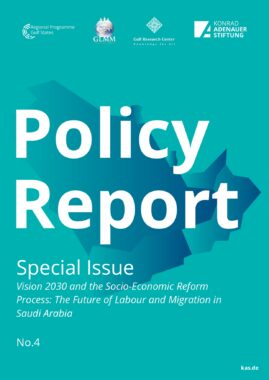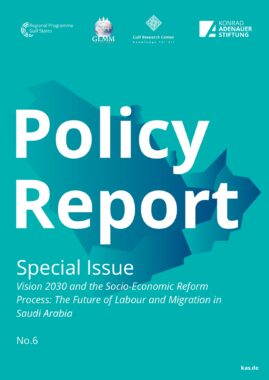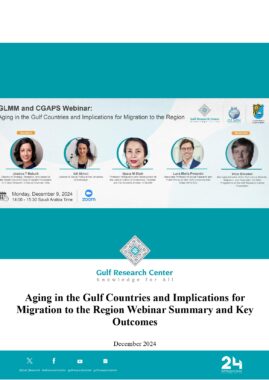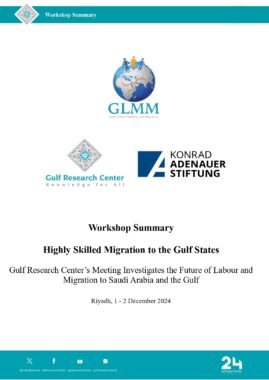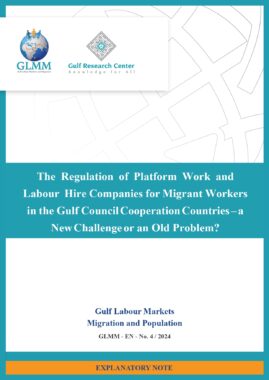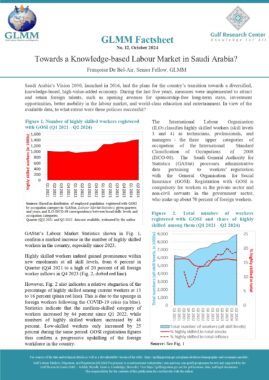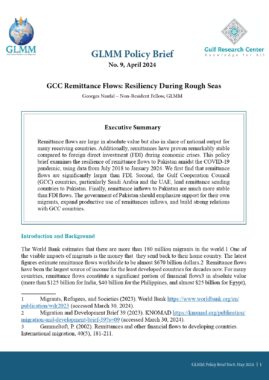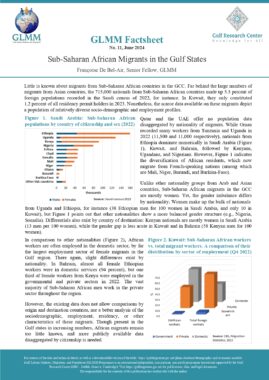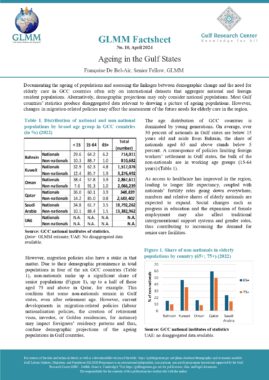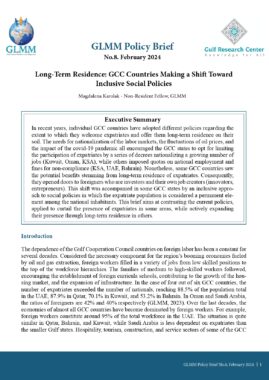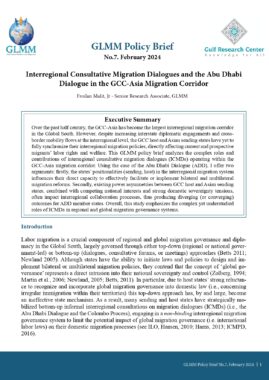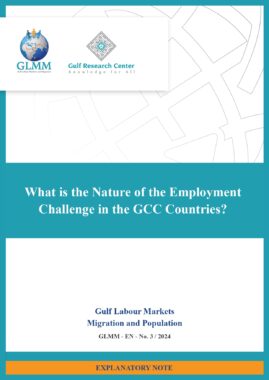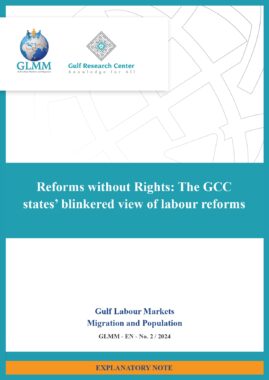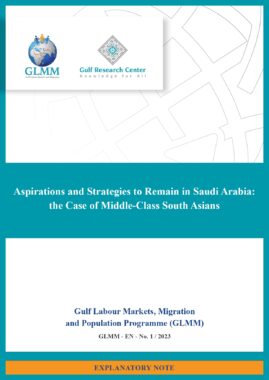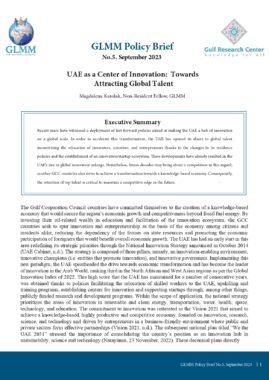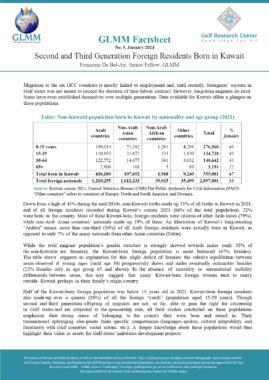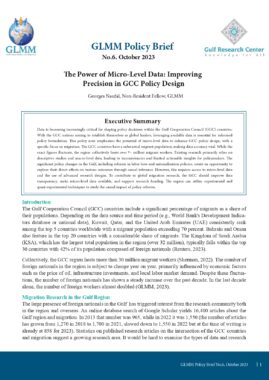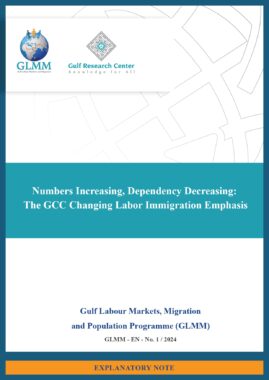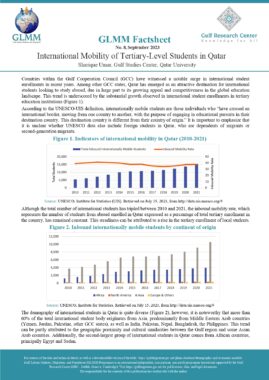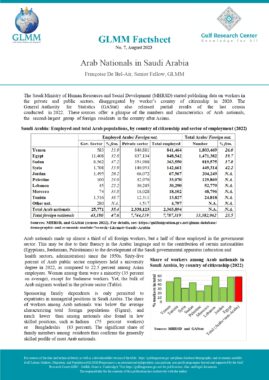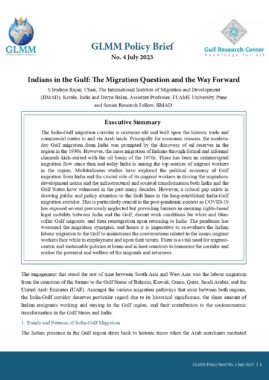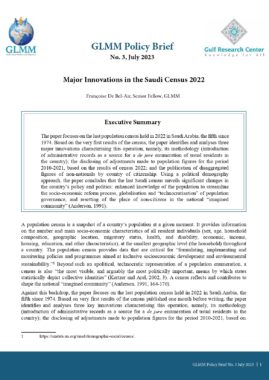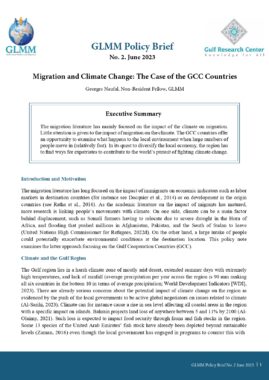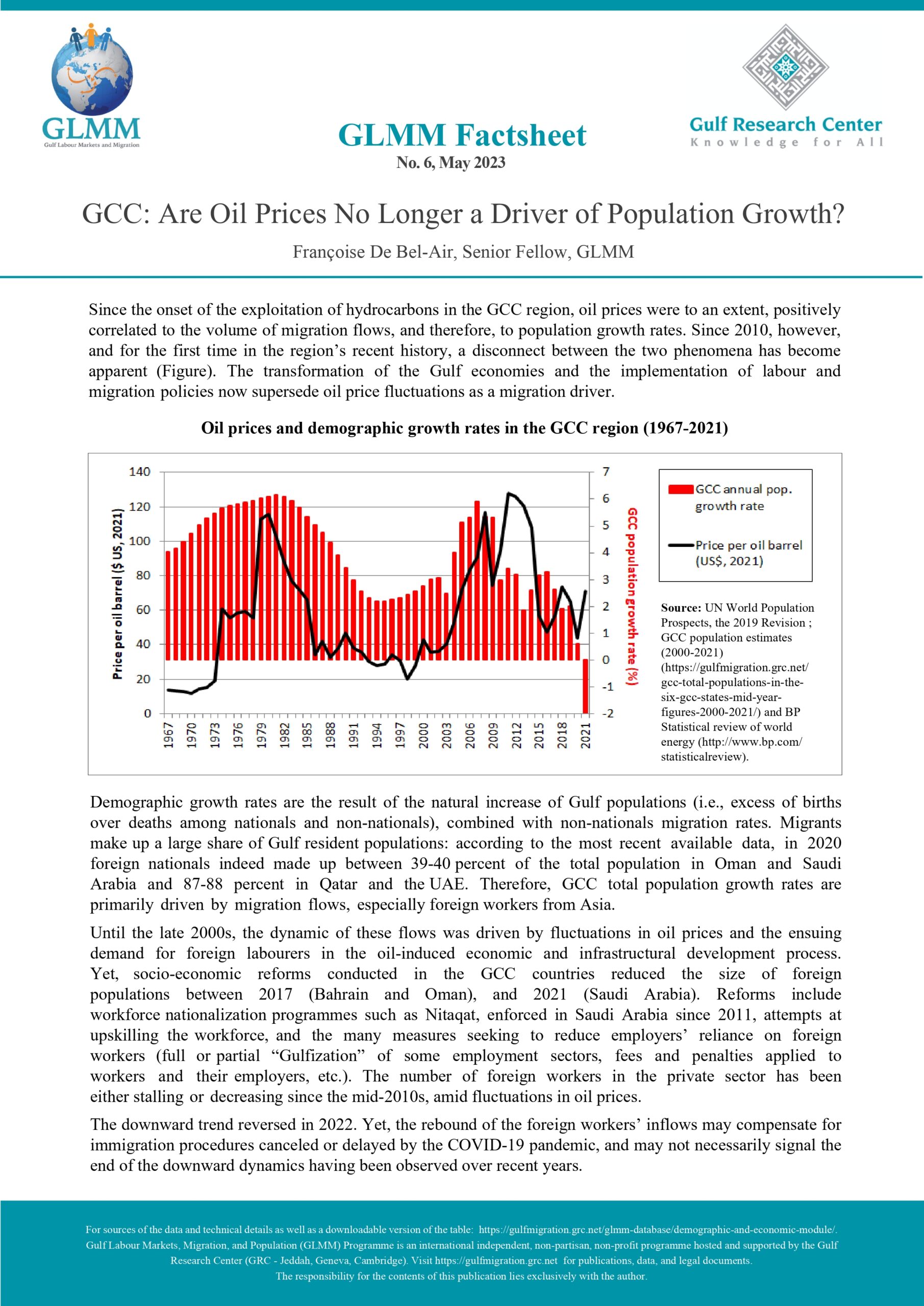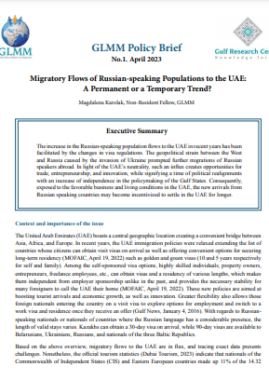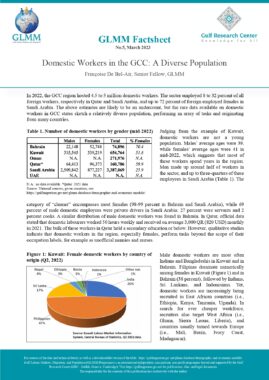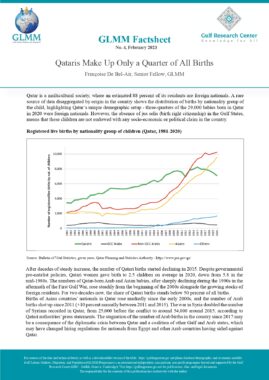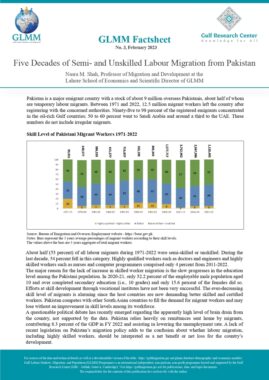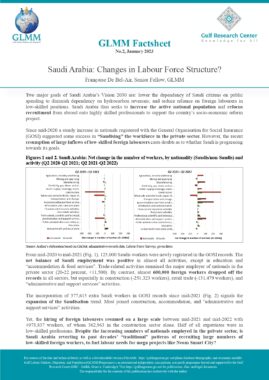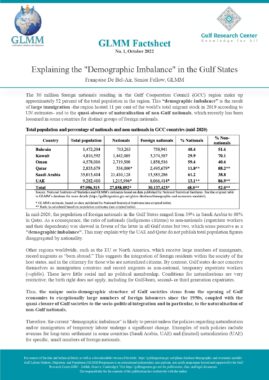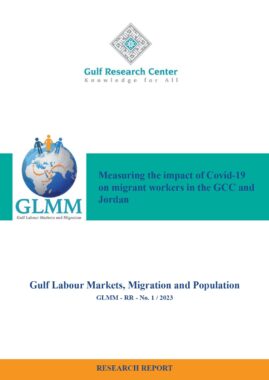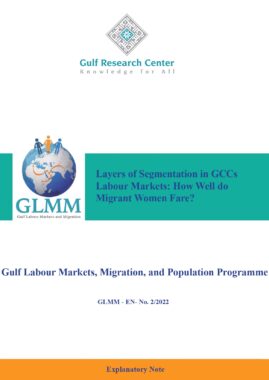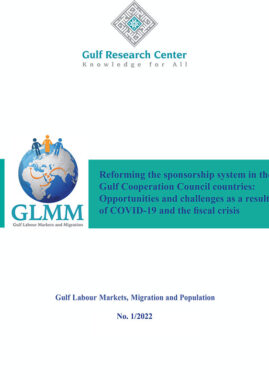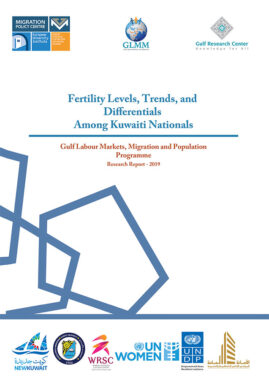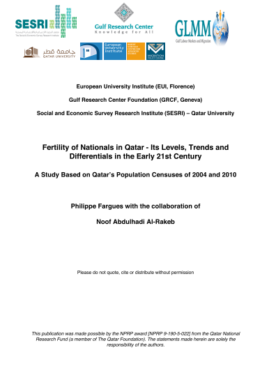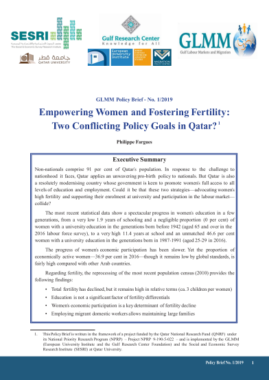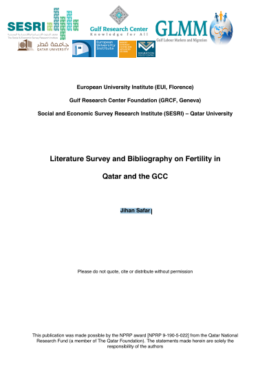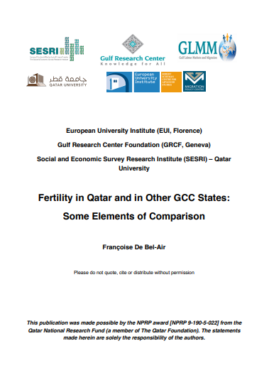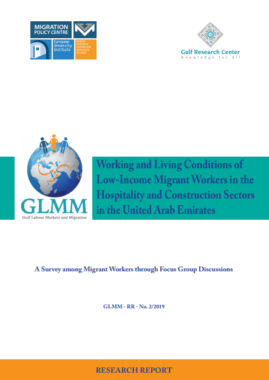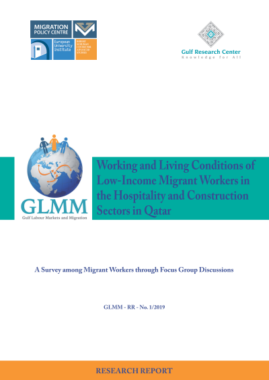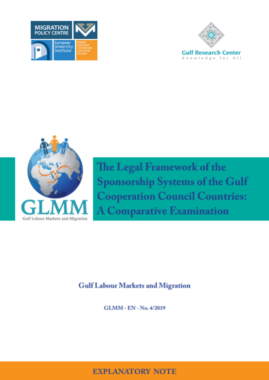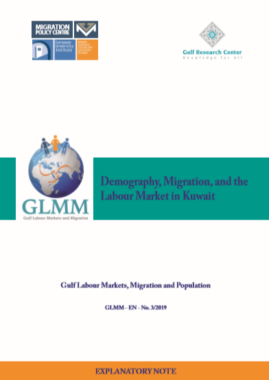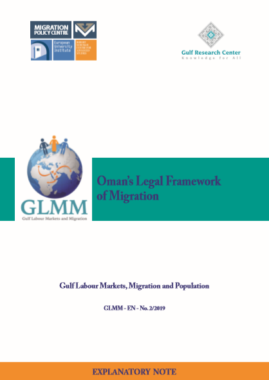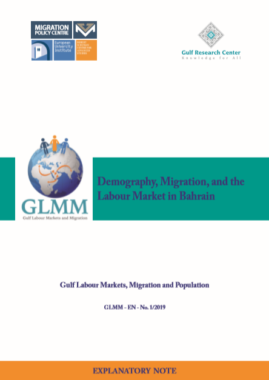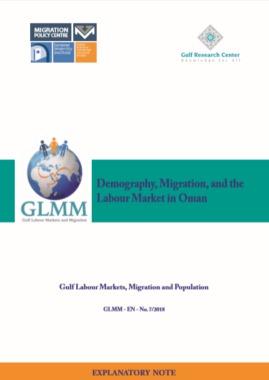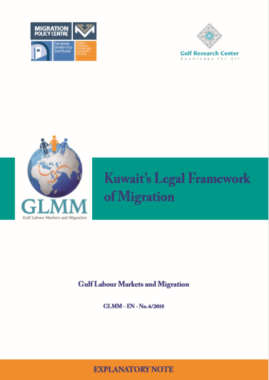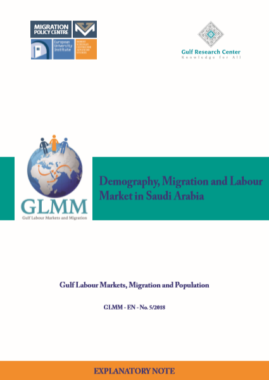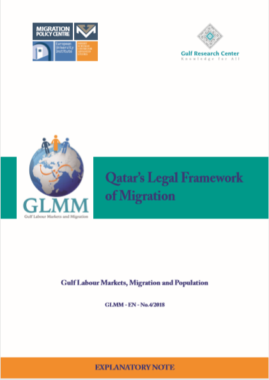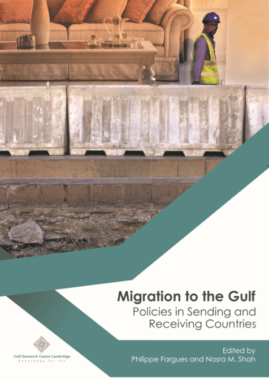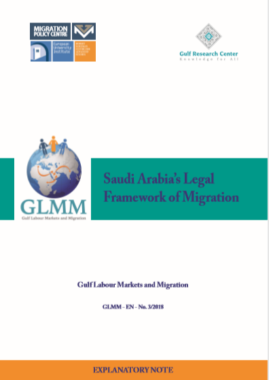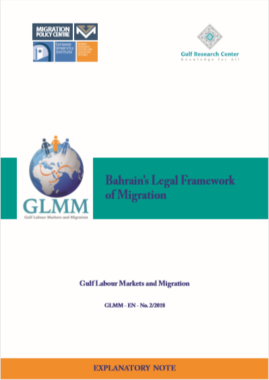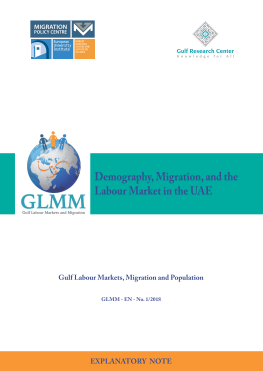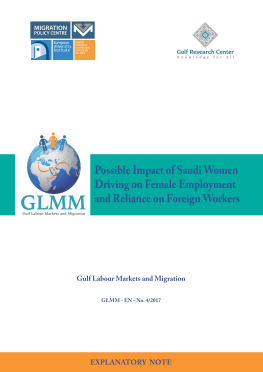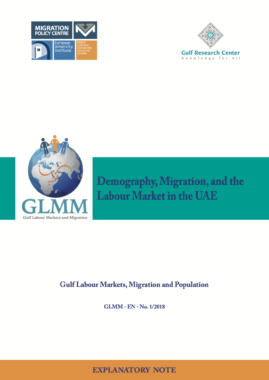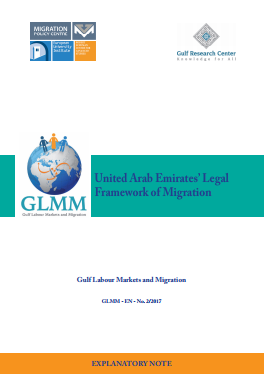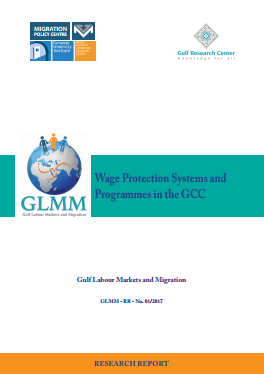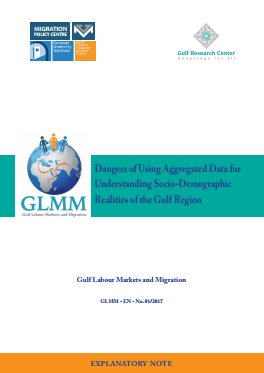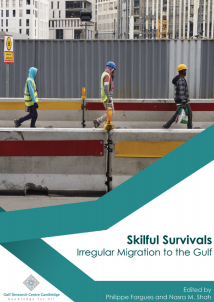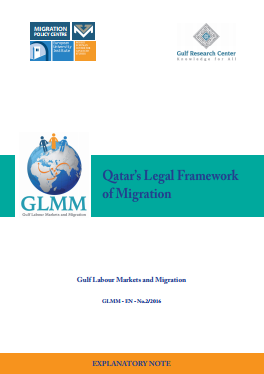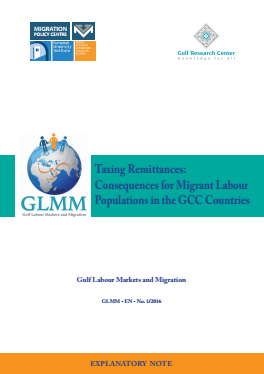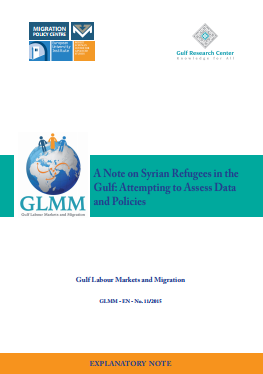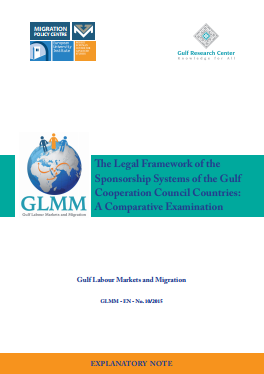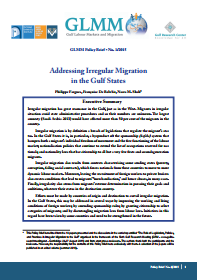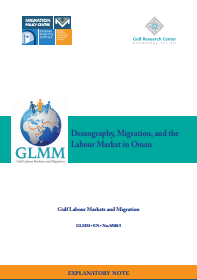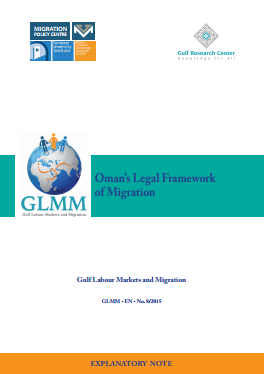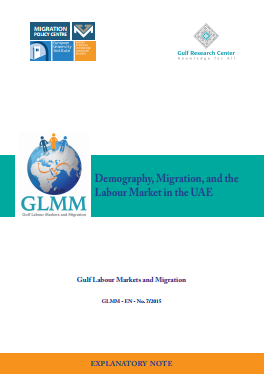Population aged 15 and above by nationality (Qatari/non-Qatari), sex and marital status (2010)
| Qataris | Non-Qataris | Total | ||
| Males | 28.938 | 337.505 | 366.443 | |
| Never Married | Females | 28.141 | 61.775 | 89.916 |
| Total | 57.079 | 399.280 | 456.359 | |
| Males | 41.422 | 744.877 | 786.299 | |
| Married | Females | 39.471 | 157.629 | 197.100 |
| Total | 80.893 | 902.506 | 983.399 | |
| Males | 848 | 6.231 | 7.079 | |
| Divorced | Females | 2.515 | 3.314 | 5.829 |
| Total | 3.363 | 9.545 | 12.908 | |
| Males | 330 | 5.448 | 5.778 | |
| Widow | Females | 4.597 | 3.810 | 8.407 |
| Total | 4.927 | 9.258 | 14.185 | |
| Males | 71.538 | 1.094.061 | 1.165.599 | |
| Total | Females | 74.724 | 226.528 | 301.252 |
| Total | 146.262 | 1.320.589 | 1.466.851 |
Source: census 2010, QSA
ANNEXED NOTE
1. Technical Notes and Definitions
Reference period for census 2010: the night of April 21st, 2010.
Implementation method: census is based on de jure method; i.e. registering people according to their usual place of residence at time of census.
Populations in transit or visiting Qatar as tourists, as well as residents of public housing or visitors staying in a household for less than two months after night of reference were excluded.
Populations away from usual residence in Qatar for reasons of duty, or on a visit abroad for less than two months, as well as individuals with no personal housing within Qatar staying with a household for more than two months, are counted in their usual/ present residence during census night.
Population of reference: all individuals (nationals and non-nationals) present within the State’s borders during time of reference.
“2010′ census recorded all the residents. Eight questionnaires covering the key census areas were designed, in order to ensure that all units (establishments; buildings; residential units; houses and individuals) are covered by the census.”
The eight questionnaires are as follows:
1. Enumeration of buildings;
2. Enumeration of establishments, residential units and houses.
3. Survey of establishments (usage, et cetera);
4. Family living conditions;
5. Survey of labour camp residents;
6. Survey of public housing residents;
7. Survey of hotel residents and transit travellers through airports, ports and land border crossings;
8. Survey of Qataris living abroad.
2010′ census was the first conducted with the help of PDA devices (Personal Digital Assistant).
2. Institution which provides data
Qatar Statistics Authority (QSA)
(http://www.qsa.gov.qa/eng/index.htm for website in English; http://www.qsa.gov.qa/Ar/index.htm for website in Arabic)
3. Data availability
Released parts of census are available on the website of the QSA, in published form in PDF format.
https://www.mdps.gov.qa/en/statistics1/pages/topicslisting.aspx?parent=General&child=Census
Census 2010′ website:
https://www.mdps.gov.qa/en/statistics1/pages/topicslisting.aspx?parent=General&child=Census
2010′ census in Excel or PDF format individual tables:
http://www.qsa.gov.qa/QatarCensus/Census_Results.aspx
Date of access: June 2013.
Similar Posts:
- Population aged 10 and above by nationality (Qatari/ non-Qatari), sex and level of education (2010)
- Population aged 15 years and above by sex, 10 years-age groups and nationality (Qatari/ non-Qatari) and total population by sex and 5-years age groups (2010)
- Population by nationality (Qatari/ non-Qatari) and sex at dates of census (1986-2010)
- Population 10 years and above by nationality (Qatari/ non-Qatari), sex, age group and educational level (2010)
- Population by nationality (Qatari/ non-Qatari) at dates of census (1970-2010)
